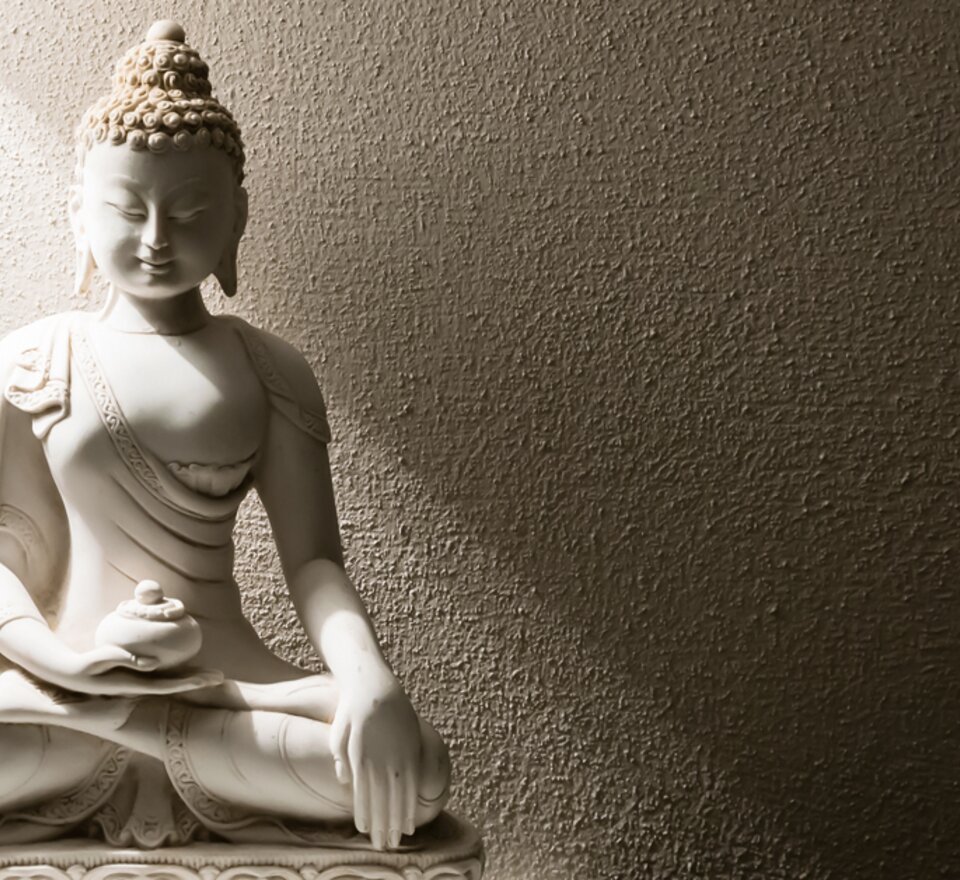You know the problem. Getting up in the morning, autopilot on: while you’re brushing your teeth you’re already on your way to work in your mind, while you’re in the car or on the bus you’re thinking about your first actions in the office, accompanied by tension and nervousness arising inside you because of that unpleasant morning meeting.
And now have a think, how was your way into work this morning? Did you appreciate a beautiful sunrise or did the bus driver smile at you? You don’t know?! You’re probably not alone in this ignorance. Every day, we rush from A to B and are never fully aware of what’s going on. The result: we are missing the moment! In this way, stress and absent mindedness occur in the day-to-day work routine. This state is strengthened by our quickly changing environment. The acronym VUCA describes this development well: Volatility The changes to our environment are becoming more and more frequent, fast and extreme, above all due to digital transformation.
- Uncertainty:
We are getting worse and worse at predicting future outcomes. - Complexity:
Life is becoming more and more connected. Mutual dependencies influence all of our decision processes. - Ambiguity:
Information is becoming more and more ambiguous; it is becoming harder to determine precise facts.
Yet how can we cope with this complex and vague world? Possible answers to this are given through the concept of mindfulness. This Buddhist approach from the East is trickling into our culture more and more. Mindfulness is not just a hot topic in our society, however. Even businesses are making use of the approach more and more often. Google has been using mindfulness since 2007 and has introduced a mindfulness programme called “search inside yourself”. The chemical company BASF, to drop just a few names.
Self-reflection.
Günther Wagner, expert for Change Management and Digital Leadership, explains that mindfulness begins with small things: you perceive what is happening at this precise moment. It isn’t about constantly analysing everything consciously, but about reflecting for short moments now and again throughout the day and checking through the current situation. A very good indicator for this is the body – it can only live in the present and reacts to present influences. Breathing, posture, tense muscles or hunched shoulders, for example, show us immediately what is wrong. And in the moment where we realize this fact, a gap in our thought circus develops and in a way, we can step out of ourselves for a moment.
Taking over the wheel.
As a good beginner exercise, Wagner recommends the following: First, simply register whether you feel good or bad in this precise moment. This will lead to you realising that you act differently according to this evaluation. From this conscious test, decisions can be made differently from how they would me made without this reflection.” This actually sounds very simple. But mindfulness is distorted by five aspects which influence each of us all of the time: doubt, anxiety, laziness, desire and reluctance. This is why mindfulness is like sports activity, explains Wagner: “You have to train regularly to keep it in good shape.” Mindfulness is your consciousness for the present moment. And consciousness for the things that begin in your own head and are quite often home-made such as stress (and relaxation). In faster, higher, further mode, we often lose our connection to the present and to ourselves.
Günther Wagner works as a freelance business consultant, management coach and trainer. His main focus includes digital leadership, the world of work 4.0 and the related resistance to change, and corresponding conflict management and risk consciousness. His professional expertise is based on 30 years of management experience in international insurance companies, NGOs and the military (flight safety) and equally on his own intensive personal life experience.

